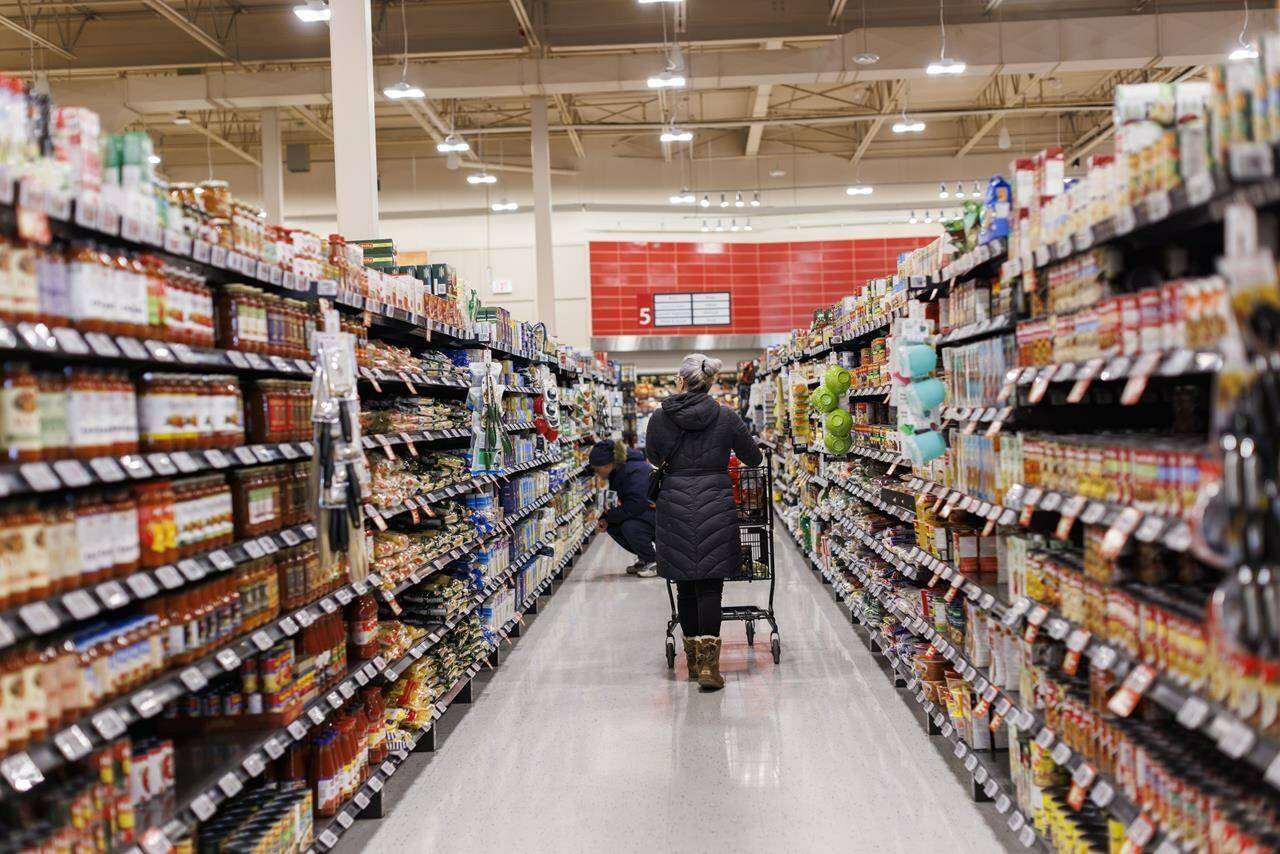B.C.’s inflation rate remained above Canada’s in April 2024, but interest rates could be heading down next month.
Inflation in B.C. rose by 2.9 per cent in April compared to the same month last year, according to Statistics Canada. Inflation in Canada as a whole rose by 2.7 per cent over the same period.
Inflation in both B.C. and Canada has been trending down and that could be good news for anyone with mortgages and credit card bills as the Bank of Canada prepares to announce its new overnight lending rate on June 5.
That rate sets commercial lending rates and has remained at five per cent since July 2023, the highest rate since 2001.
The Bank of Canada said during its last rate announcement in April that inflation is still too high. But the bank also acknowledged that inflation has eased.
“The (bank) will be looking for evidence that this downward momentum is sustained,” it said.
April’s figures point toward that downward momentum — at least in the opinion of Andrew Grantham, CIBC’s executive director of economics.
“Today’s data should have provided the all clear on the inflation front that the Bank of Canada needed to start cutting interest rates in June,” he wrote in a note to clients.
RELATED: Canada’s inflation rate falls to 2.7%, driving up odds of June rate cut
Prior to Tuesday’s release, economists were split on whether the Bank of Canada would move to cut rates in June or July.
TD says it still thinks the central bank will wait until July to cut, noting the annual inflation rate remains too close to the upper end of the inflation target range between one and three per cent.
“But June or July, Canadians can be increasingly confident that alongside lower inflation, interest rates are headed lower soon,” Leslie Preston, a managing director and senior economist at TD, said.
B.C.’s inflation rate of 2.9 per cent puts the province in the upper echelon among provinces, but below neighbouring Alberta, whose inflation rate of 3.0 per cent was just behind Nova Scotia (3.1 per cent). Manitoba recorded the lowest rate increase among Canadian provinces with 0.4 per cent.
The cost of housing was the largest contributor to inflation during the last 12 months for Canada as a whole, with rising mortgage payments accounting for almost 25 per cent of the increase. Higher rents contributed 8.2 per cent to increase. Car insurance (up 6.8 per cent) and gasoline (up 6.1 per cent) were other major contributors.
The cost of food purchased in grocery stores and restaurants continues to rise, but at a slower pace. Looking back at the last three years, prices for food purchased from stores rose 21.4 per cent between April 2021 and April 2024.
Prices for durable goods and services also dropped, contributing to the lower inflation rates.
RELATED: Canada has low food inflation, high grocery competition: industry CEO
– With files from The Canadian Press

